 Hype is a strange beast. The whims of the masses (and record label marketing departments) are fickle and unreliable. Bands come out of the ether draped in hype and mass acclaim, only to disappear shortly after without much of an impact.
Hype is a strange beast. The whims of the masses (and record label marketing departments) are fickle and unreliable. Bands come out of the ether draped in hype and mass acclaim, only to disappear shortly after without much of an impact.
And when Gorilla Manor first dropped, I completely expected Local Natives to be another one of these flash-in-the-pan, Apple-commercial-soundtrack bands.
Rarely have I been more wrong.
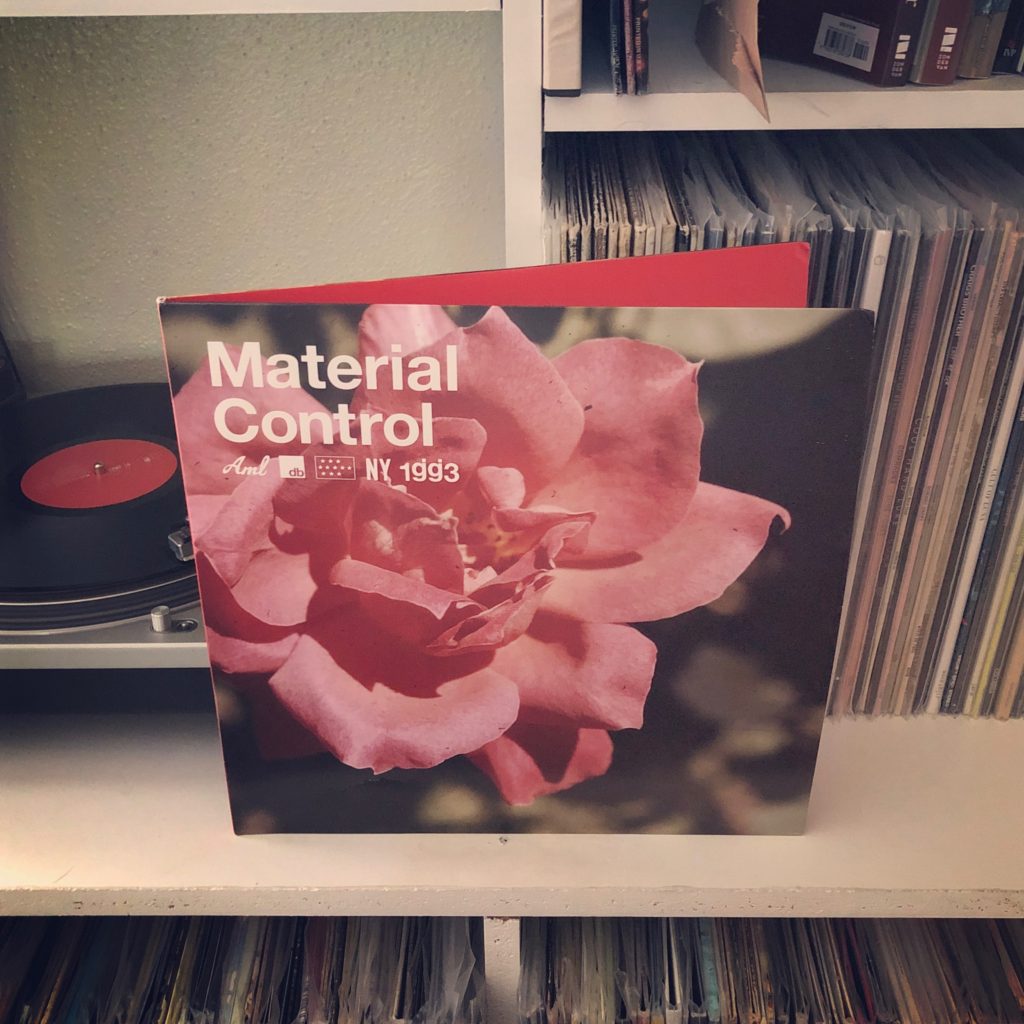 Glassjaw has always been a bit of an outlier.
Glassjaw has always been a bit of an outlier. If you didn’t know, I play in a ska punk band called
If you didn’t know, I play in a ska punk band called  Say what you will about the Bond series, but there is some absolutely incredible music across those films.
Say what you will about the Bond series, but there is some absolutely incredible music across those films.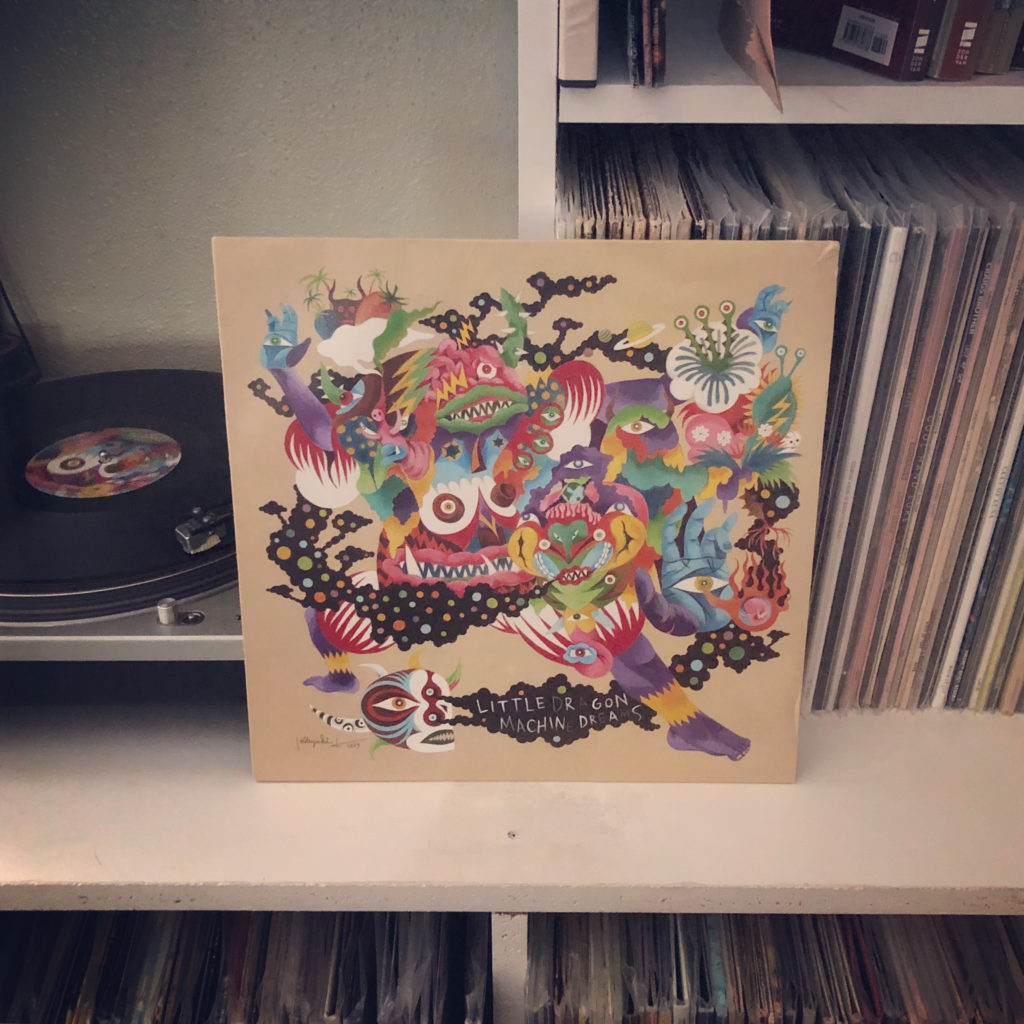 I’m a big Gorillaz fan. And while their unique brand of sadistic pop stands on its own, part of Damon Albarn’s talent is assembling the best collaborators possible. When I first heard
I’m a big Gorillaz fan. And while their unique brand of sadistic pop stands on its own, part of Damon Albarn’s talent is assembling the best collaborators possible. When I first heard 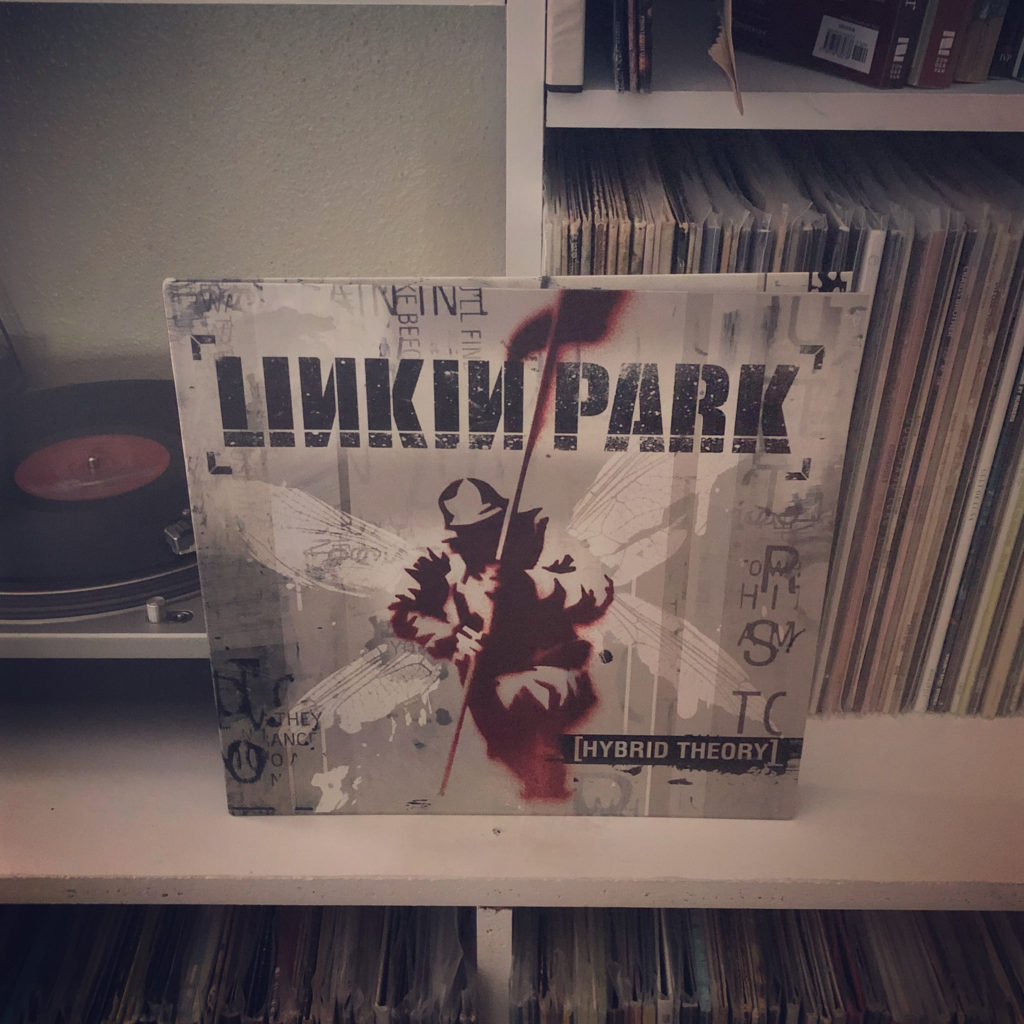 Let’s set the scene.
Let’s set the scene.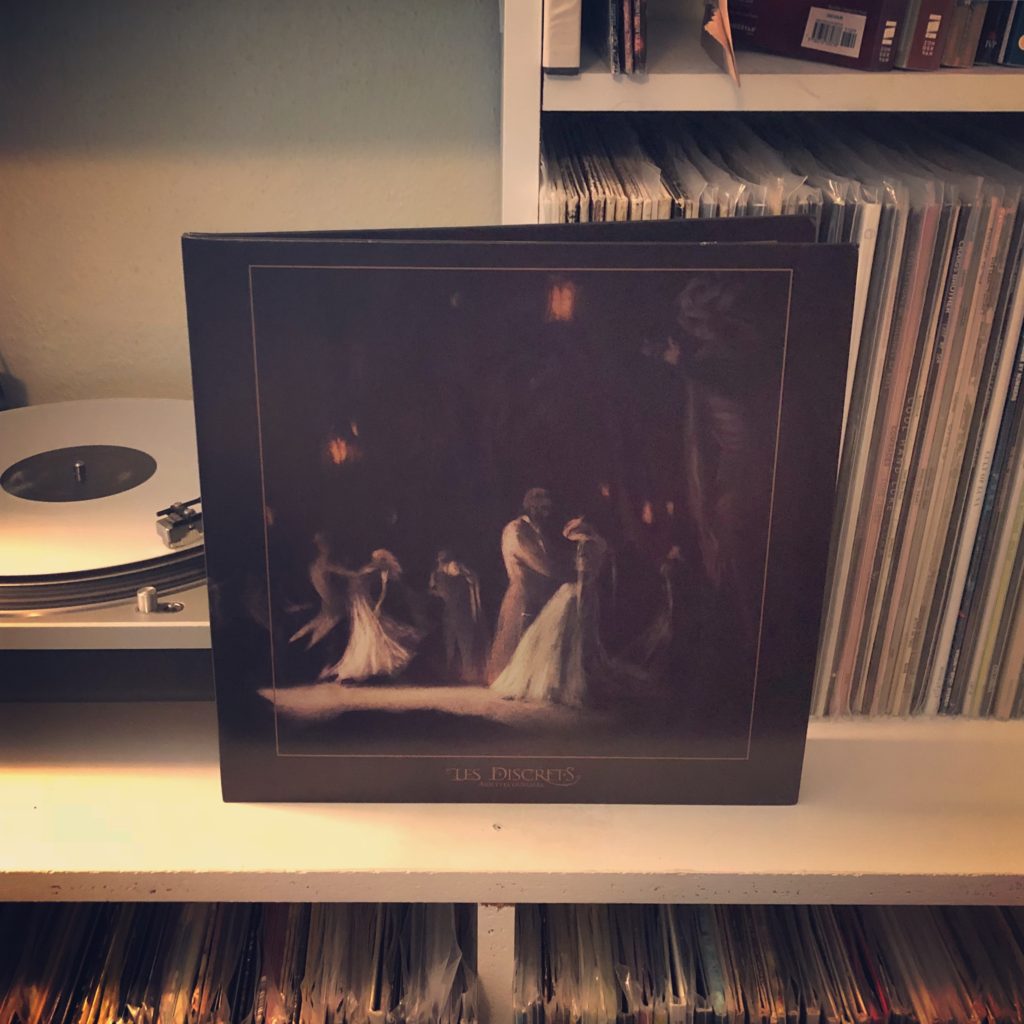 I’m an absolute sucker for blackgaze.
I’m an absolute sucker for blackgaze.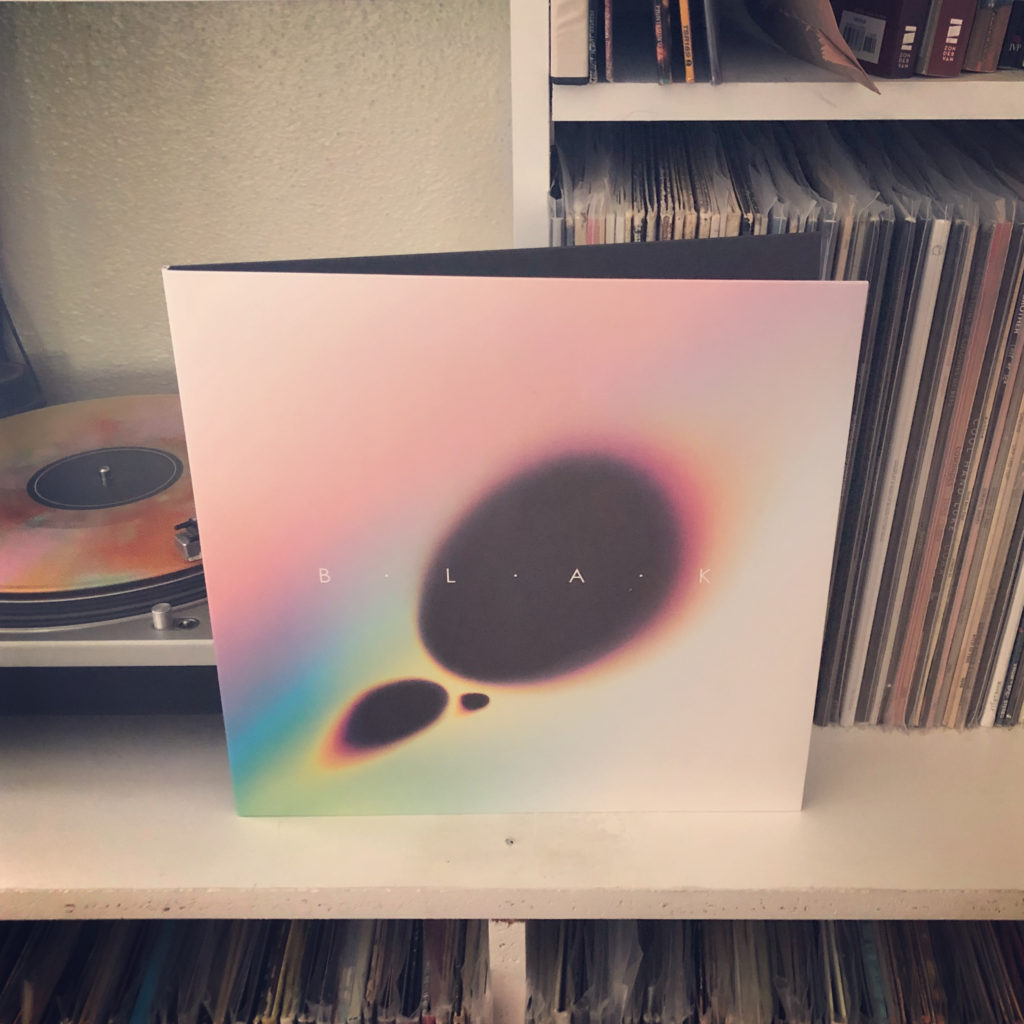 Post rock is a strange beast. While there’s no shortage of climax-chasing, effect-laden, instrumental guitar bands, it can sometimes feel like very few post rock acts are able to use that template to create authentically engaging music. Most of them are just boring.
Post rock is a strange beast. While there’s no shortage of climax-chasing, effect-laden, instrumental guitar bands, it can sometimes feel like very few post rock acts are able to use that template to create authentically engaging music. Most of them are just boring.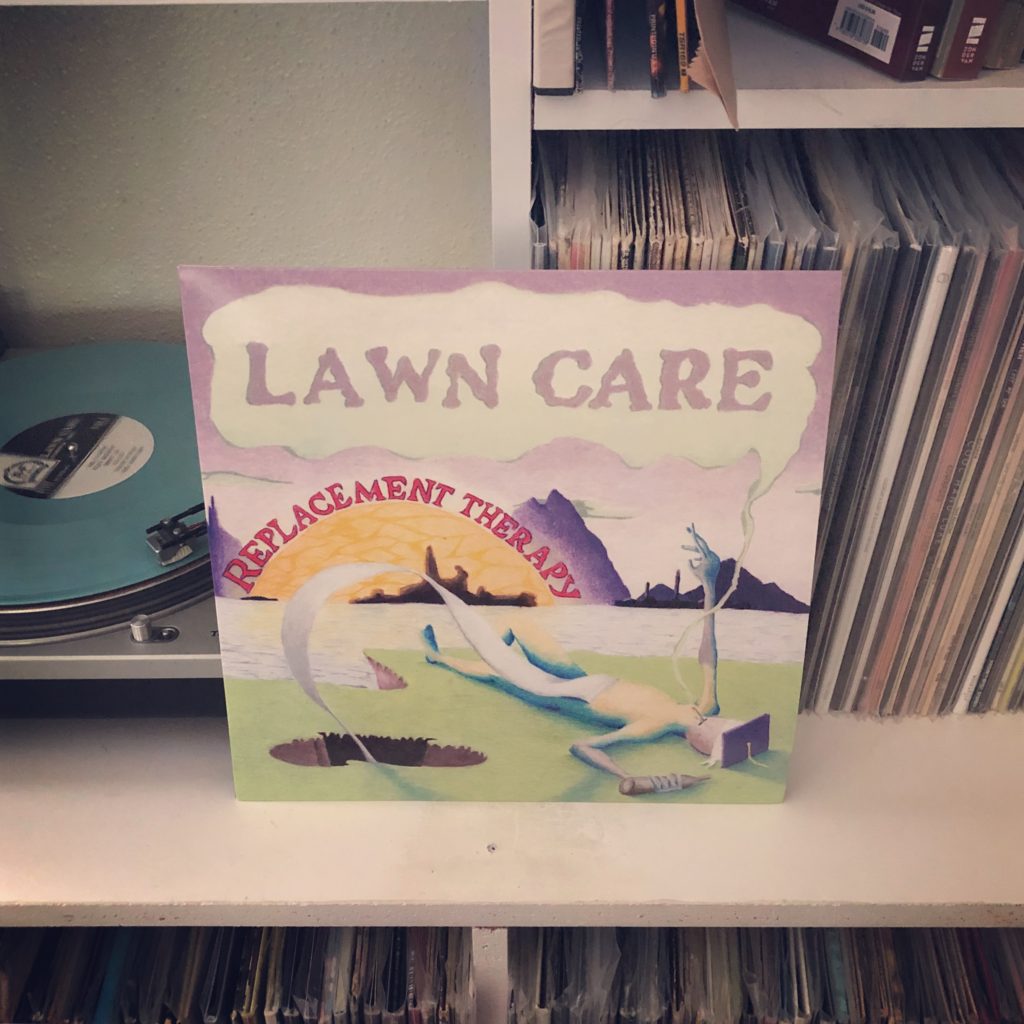 I first saw Pittsburgh’s
I first saw Pittsburgh’s  In 1994, a Seattle hardcore* band called Sunny Day Real Estate released Diary. It was a veritable tour de force of emotional range, led by the otherworldly falsetto of
In 1994, a Seattle hardcore* band called Sunny Day Real Estate released Diary. It was a veritable tour de force of emotional range, led by the otherworldly falsetto of